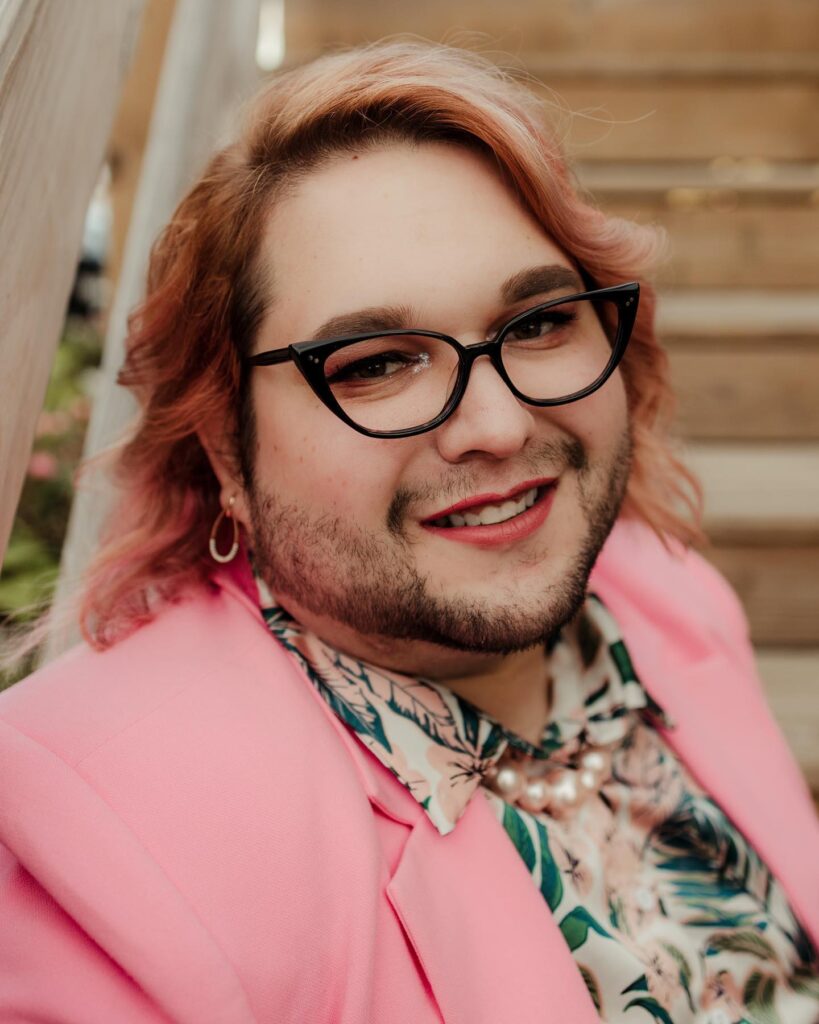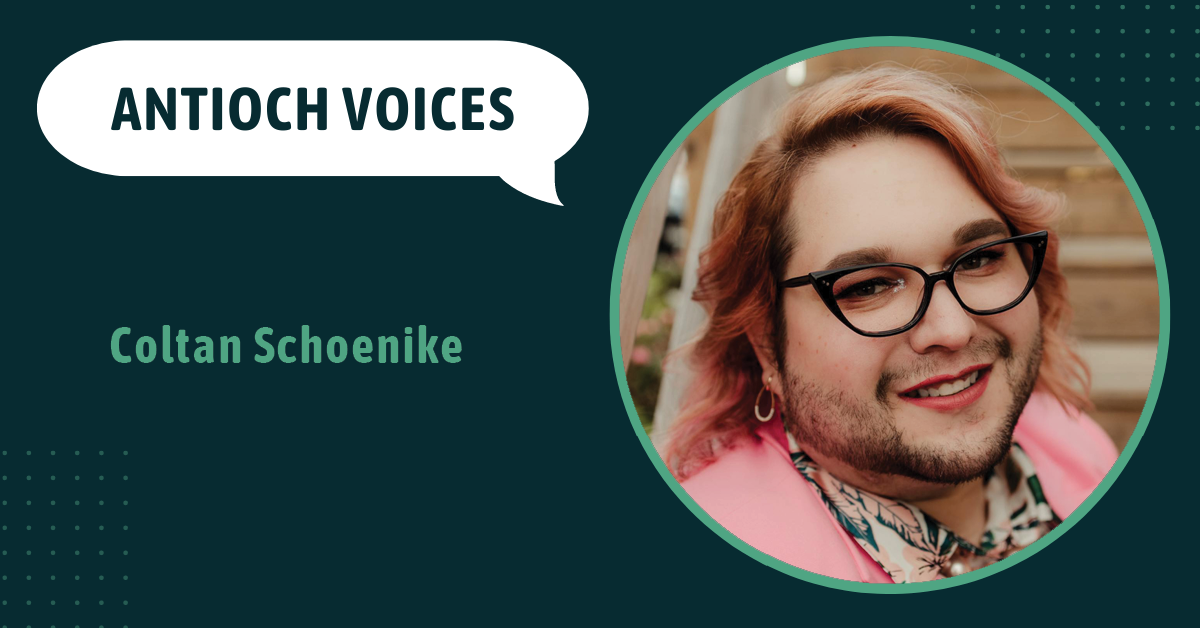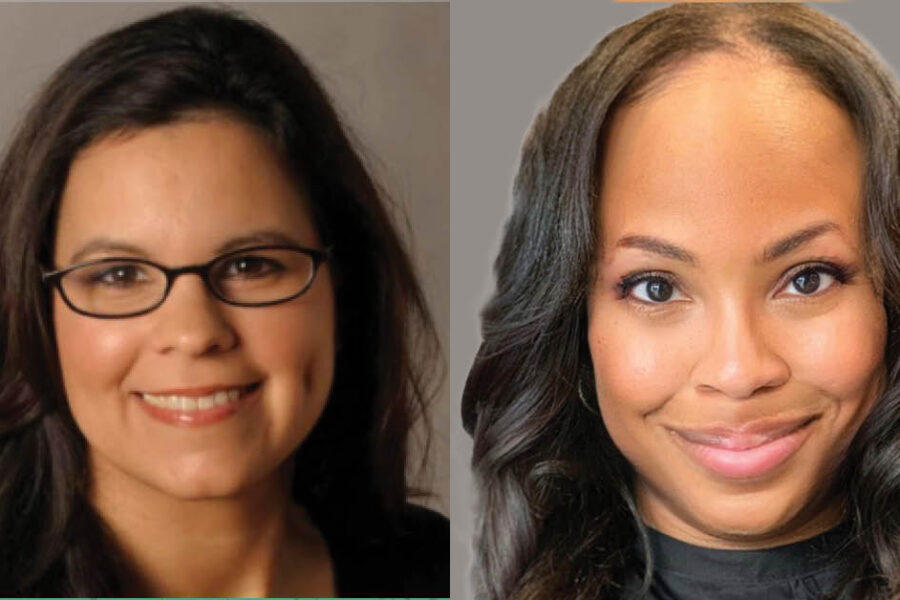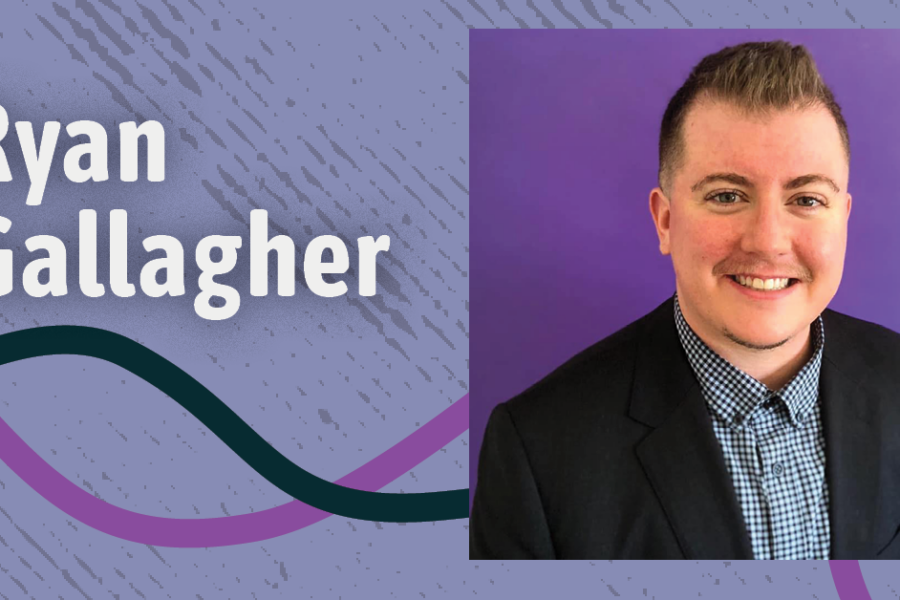Y’all… I’m so tired. In previous years, International Transgender Day of Visibility has been a joyous and proud occasion for me. My gender identity, as I now see it, has been my truth for nearly a decade, and my deliberate decision to live openly and honor that identity in my expression followed shortly after. Each of those years, March 31, would bring an extra level of gravity to my decision to be myself. My proclamation of self felt just that extra little bit louder. Granted, part of my relationship with that day had been due to my own relationship with the notion of visibility – something that every trans person will have a different relationship with. While some may not want to be immediately visible as trans, I came to know quickly that visibility and I will be eternal bedfellows because of my sense of gender and how I present to the world. With the dresses, shoulder-length hair, lipstick, and winged eyeliner in tandem with my body that is seen as male and my refusal to eliminate masculine features like my facial hair, my presentation is a direct challenge to the expectations of rigid binary gender expression, and my transness could not be hidden even if I wanted to try.
The notions of “lifestyle” and “choice” are often used to describe transness and gender identity by those who would prefer to not be faced with the reality of our existence. Our genders (or lack thereof) are intrinsic to who we are, and no intervention or legislation will change that. The only “choice” in the matter is our deliberate decision whether to communicate that truth to ourselves and the world around us. With increasing severity, this is a choice that we are being punished for. It’s notable that the end of March marks three of twelve months having passed and only about a quarter of the year over. To date, the American Civil Liberties Union is tracking well over 400 pieces of proposed anti-transgender legislation in the United States thus far in 2023. This legislative onslaught against transgender and gender-diverse people, particularly children, is at record intensity. Worse yet, it appears to be still increasing. The number of states and/or territories that don’t currently have any proposed anti-transgender legislation is in the single digits, and that total includes D.C. and Puerto Rico. California, Washington, New Hampshire, and Ohio, all states that include at least one Antioch campus or administrative building, each have at least one piece of proposed legislation.
While these legislative attacks have long been able to hide behind the thin veil of issues like “parents’ rights,” “medical concern,” or “religious freedom,” the message is becoming increasingly loud and clear. A prominent speaker at the recent Conservative Political Action Conference called for the eradication of “transgenderism,” which cannot be separated from transgender people and transgender experiences despite attempts to frame “transgenderism” rather as an “ideology.” In the wake of this violent rhetoric, trans media figure Alyssa MacKenzie reasonably suggested that this call for “eradication” on such a public platform has placed transgender and gender-diverse people in stage eight of the Holocaust Memorial Day Trust’s “Ten Stages of Genocide.” Our community is justifiably terrified.
Now more than ever, I cannot overstate the courage and conviction that I see in my trans and gender-diverse communities for stepping out of their homes each day and telling the world who they are. I have seen this bravery for many years, and it continues to grow as we resist every oppressive effort to push us back in our closets and strip autonomy over our bodies and identities away from us. We may be brave, but we are also scared. Both can exist at the same time. My communities and I live a life every day where we see our very existence debated as a philosophical and moral question and are expected to carry on just the same. Our smiles of pride are often hiding the clenching of our teeth as we try to muffle our screams.
If the dramatic flair of those statements is being interpreted as cries for help, good. That’s because they are. For those of you reading who are not trans, we need your help. We have been scared and brave and suffering in silence. We need you to be scared and brave with us. Where we have been visible, we need you to be audible. Call your representatives and demand they stop their legislative attacks at once. Go to your local school meetings and refuse to let grown adults ban affirming books and bully trans kids out of existence in their school’s literature. Go to these rallies trying to rile up anger on the false accusations of queer and trans people grooming children. While many of us will go to these spaces and advocate for ourselves, they are also getting increasingly unsafe for us. Show the trans people in your community that you love them, and they are not alone. If you find yourself not knowing many (or any) trans people in your community, reflect on why that is and what your role has been in that.
As I’ve said, I’m tired. I’m scared. I’m angry. I’m hurt. But I will keep fighting this fight and advocating so that every trans person may be as visibly themselves (or not) as they want, without fear of consequence or persecution. Many of my other fellow trans and gender-diverse community members also continue alongside me, of which I am forever grateful. We will not be erased or “eradicated” from existence. Will you join us?

Coltan J. Schoenike
Coltan J. Schoenike, MS, MFT-IT, LAMFT (they/them) is a first-year PhD student and teaching fellow in the Couple and Family Therapy program at Antioch University’s New England campus with clinical and research focus in gender-affirming care. As a queer, transfeminine, and nonbinary person, a large theme in Coltan’s work is around representation and advocacy for marginalized communities informed and led by their own members.



